9 free eBooks to help you brush up on basics and build new skills
Candid
JUNE 26, 2024
Our collection covers a variety of topics to meet you where you are in your nonprofit career—whether you’re brushing up on core skills, leveling up your leadership skills, or venturing beyond your comfort zone to get ahead of the curve on new technology. How to Write a Grant Proposal by Cheryl Carter New and James Aaron Quick.



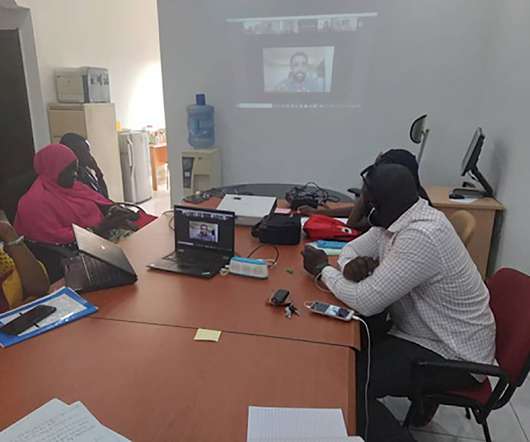
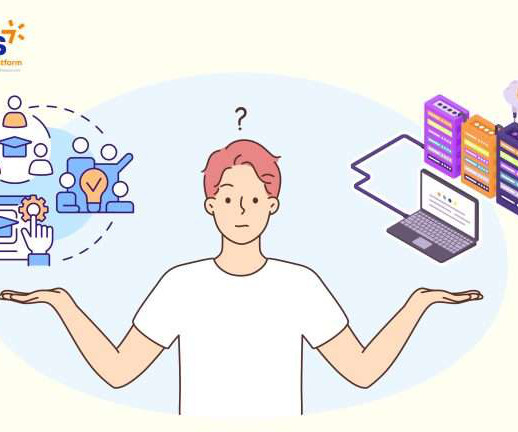
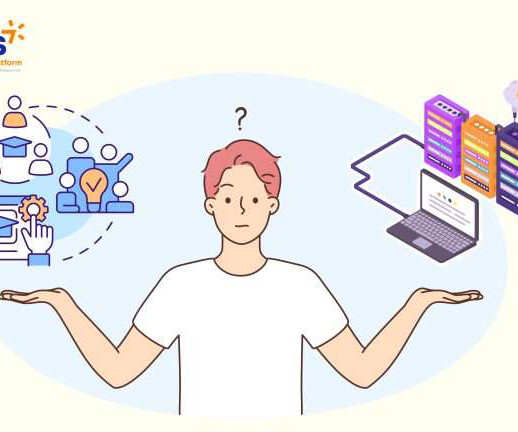








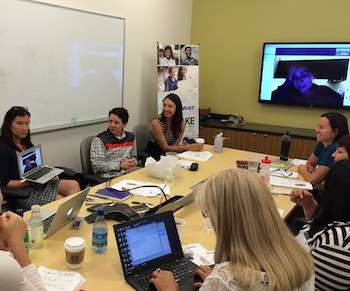
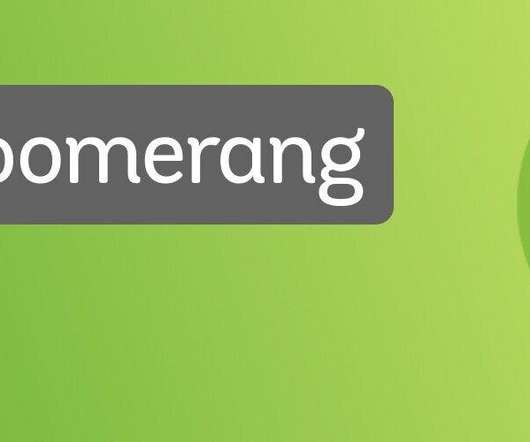


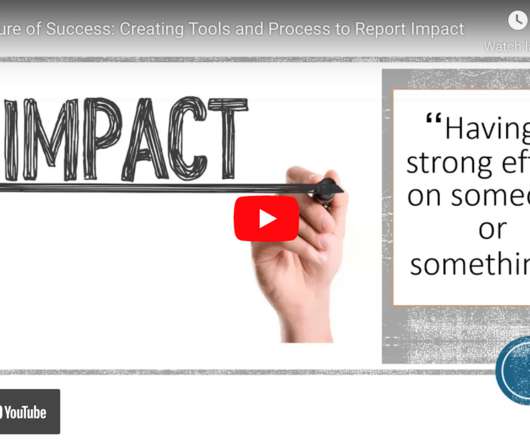






Let's personalize your content